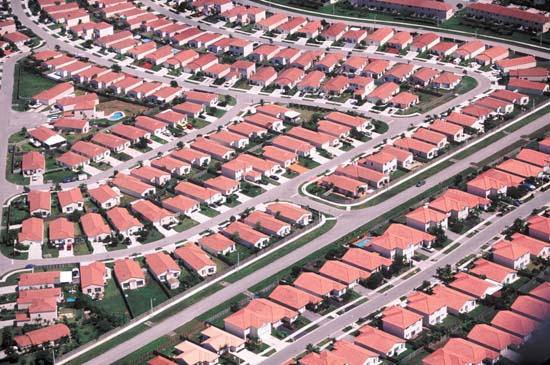We are now told on an almost daily basis that the desired level of inflation is 2-3%. Above that and interest rates go up, below that and they go down.
Can anyone out there tell me why we don't aim for 0% inflation? That is, the $100 I earn today and stash under the house is worth $100 (that is, all things being equal, can buy me as much muesli, postage stamps, underpants etc) in 20 years time. Why do we not aim for this?
Having done some reading on my trusty ol' friend Wikipedia, it seems that most people agree that the printing of more fiat money is the cause of inflation. So why don't we stop printing money - or, at least, greatly reduce the printing?
Actually - that brings me to another point. When the State prints more money (I assume this is the responsibility of the Reserve Bank?) who gets it? And how much do we print? Where can you find out?
What is the benefit of inflation?
Can anyone out there tell me why we don't aim for 0% inflation? That is, the $100 I earn today and stash under the house is worth $100 (that is, all things being equal, can buy me as much muesli, postage stamps, underpants etc) in 20 years time. Why do we not aim for this?
Having done some reading on my trusty ol' friend Wikipedia, it seems that most people agree that the printing of more fiat money is the cause of inflation. So why don't we stop printing money - or, at least, greatly reduce the printing?
Actually - that brings me to another point. When the State prints more money (I assume this is the responsibility of the Reserve Bank?) who gets it? And how much do we print? Where can you find out?
What is the benefit of inflation?









